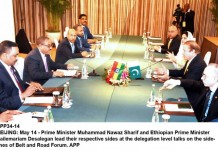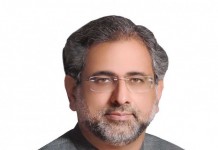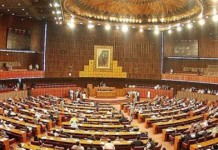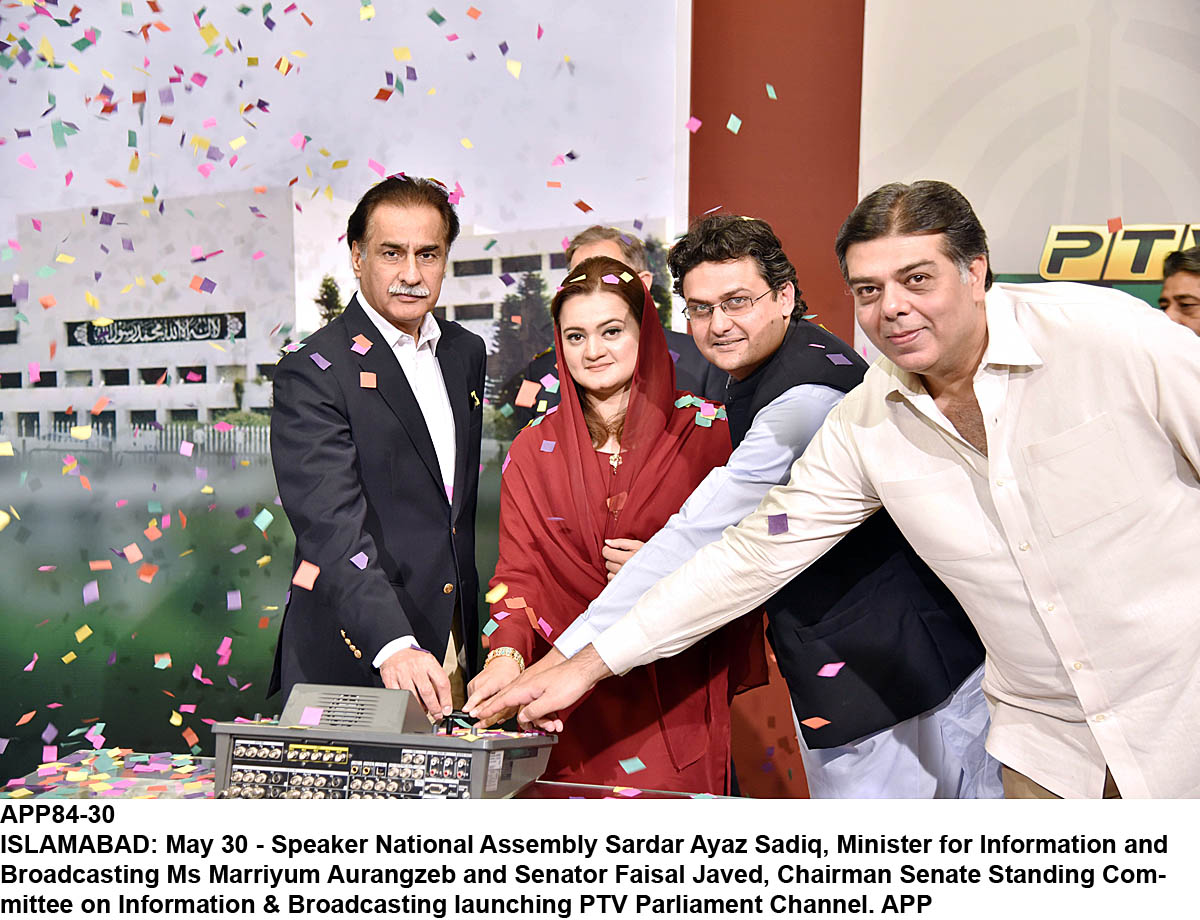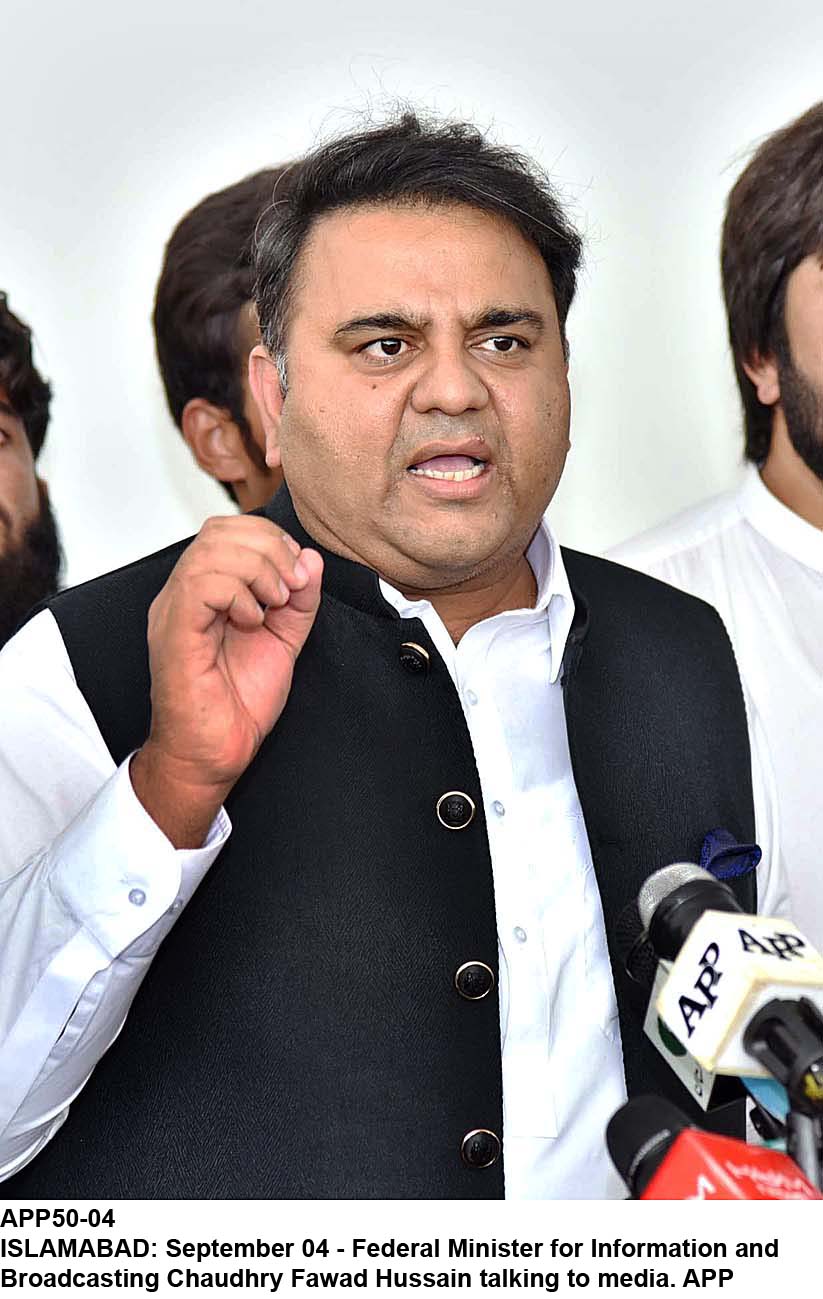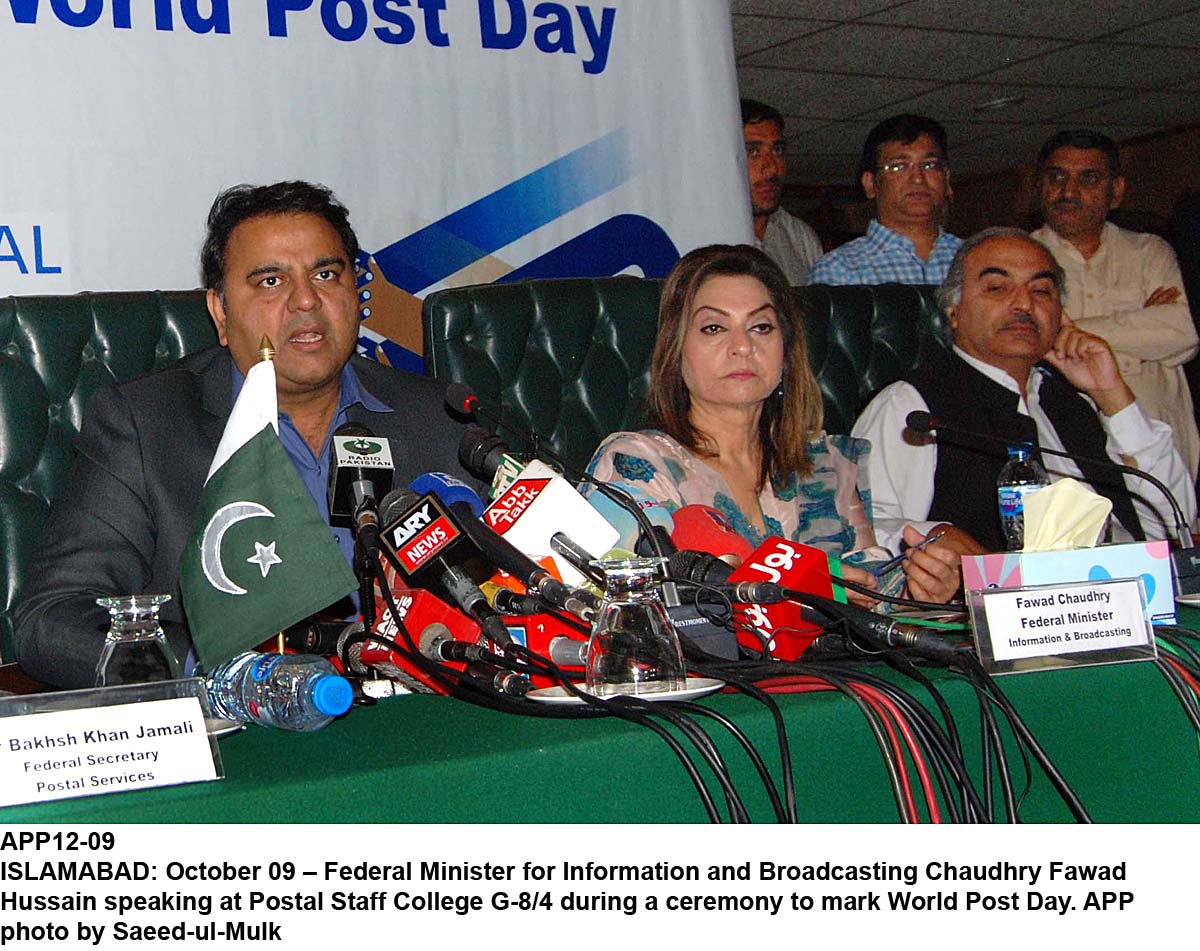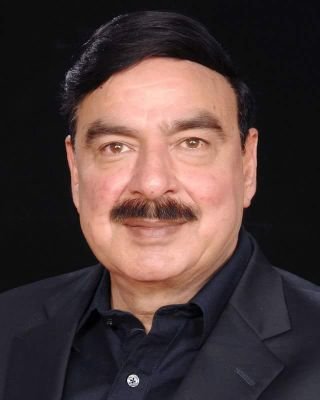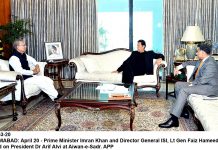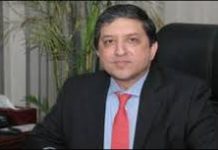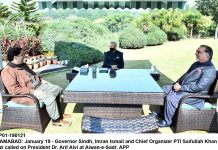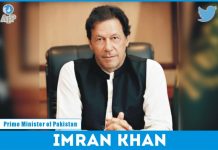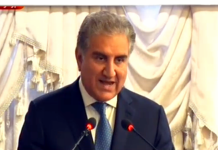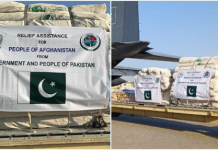ISLAMABAD, May 02 (APP):Ambassador of Denmark, Jakob Linulf on Thursday said carbon markets are a new opportunity for Pakistan to improve its economic situation and reduce carbon emissions for a green development through sustainable and environment friendly practices.
He was addressing to the one-day capacity building workshop for journalists on Climate-Smart Reporting: Carbon Market and Equitable Development jointly organized by the Sustainable Development Policy Institute (SDPI) and the Embassy of Denmark.
Ambassador Jakob Linulf said climate change was casting adverse impacts on the globe and it was equally important for Pakistan and Denmark to develop strategies for averting its risks to humanity and biodiversity.
He said Denmark had completed its green transition and transformed its energy sector from a fossil fuel-dependent energy mix to a greener one based on solar, wind, and biomass.
“Denmark has faced a lot of challenges in the way and that’s why it wants to share its lessons learned with Pakistan so that it do not repeat the same mistakes,” he said.
Danish Ambassador highlighted that the Embassy was collaborating with the SDPI for experience and knowledge sharing. He noted that the Danish companies had adequate technologies to address climate change impacts which can collaborate with their Pakistani counterparts.
“Pakistan is facing double crises; economic crisis coupled with climate change as the 2022 floods inundated 1/3 of the country leaving millions of millions displaced and billions of dollars livestock, infrastructure and ready to harvest crops washed away,” he said.
He highlighted that carbon market can be an important tool in developing right and efficient tools to benefit from latest mechanisms to cut carbon emission and address climate change but it should be considered as a financial facility alone.
He said the business leaders can take the lead to influence green transition especially in the sectors of steel, fertilizer, and cement where carbon adjustment can be one tool along with fuel adjustment and waste management.
In his opening remarks, Dr Abid Qaiyum Suleri, Executive Director, SDPI said the aim of the workshop is to address knowledge gaps, leverage international practices and find a way forward in collaboration with relevant stakeholders.
Dr Suleri said journalists can shape public opinion and guide policymakers on adopting efficient carbon markets, whereas the think-tank and media both can benefit from each other’s experiences to reduce carbon emissions.
“It is important to highlight the urgency of climate change and the critical nature of the transformative power of carbon markets as South Asia is suffering from many environmental crises,” he said.
He added the journalists should act as facilitators of cooperation between stakeholders to reap maximum benefits of the new concept of carbon markets.
Soren Lutken, Chief Carbon Market Special UNEP Copenhagen said carbon markets is not the only solution to climate crisis as it was not exactly the idea to reduce but shift the emissions from one place to the other.
He said Pakistan is the host of the cheaper emissions reduction mechanism whereas it was imperative to break the myth that it has missed the train to address Carbon Border Adjustment Mechanism (CBAM).
He said the country needed to come up with a clear policy framework to decide its moment to enter the compliance carbon markets.
“There are cooperations available globally that are interested to buy carbon credits that needs to be explored efficiently with clear policy direction and leadership,” he said.
Nadeem Nawaz, Special Advisor and Country Manager at Danish Energy Agency and Global Cooperation provided a brief presentation on the long-term energy planning strategies of Pakistan towards 2050.
He said Pakistan needs to be chalk out a credible road map that will lead to tempt more investors in the realm of carbon credits’ training.
Dr Khalid Waleed, Senior Economist and Energy Expert SDPI and Tahir Dhindsa, SDTV presented mementos to Ambassador and the experts.
Dr Khalid Waleed while opening the workshop session briefed the participants on the concept of Carbon markets and its link to economy and the role of media in creating awareness on the matter to circumvent serious impacts of CBAM on the exports of the country in the future.
Engineer Ubaid-Ur-Rehman, Head of Energy Unit, SDPI, Saleha Qureshi, Research Associate, SDPI and Zainab Naeem, Research Associate facilitated the group activity and presented their presentations on various aspects of CBAM and Carbon markets. Executive Director, SDPI Dr Abid Suleri distributed certificates among the participants.
مضمون کا ماخذ : علاقائی کلیدی الفاظ
